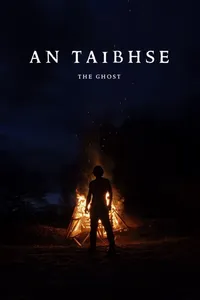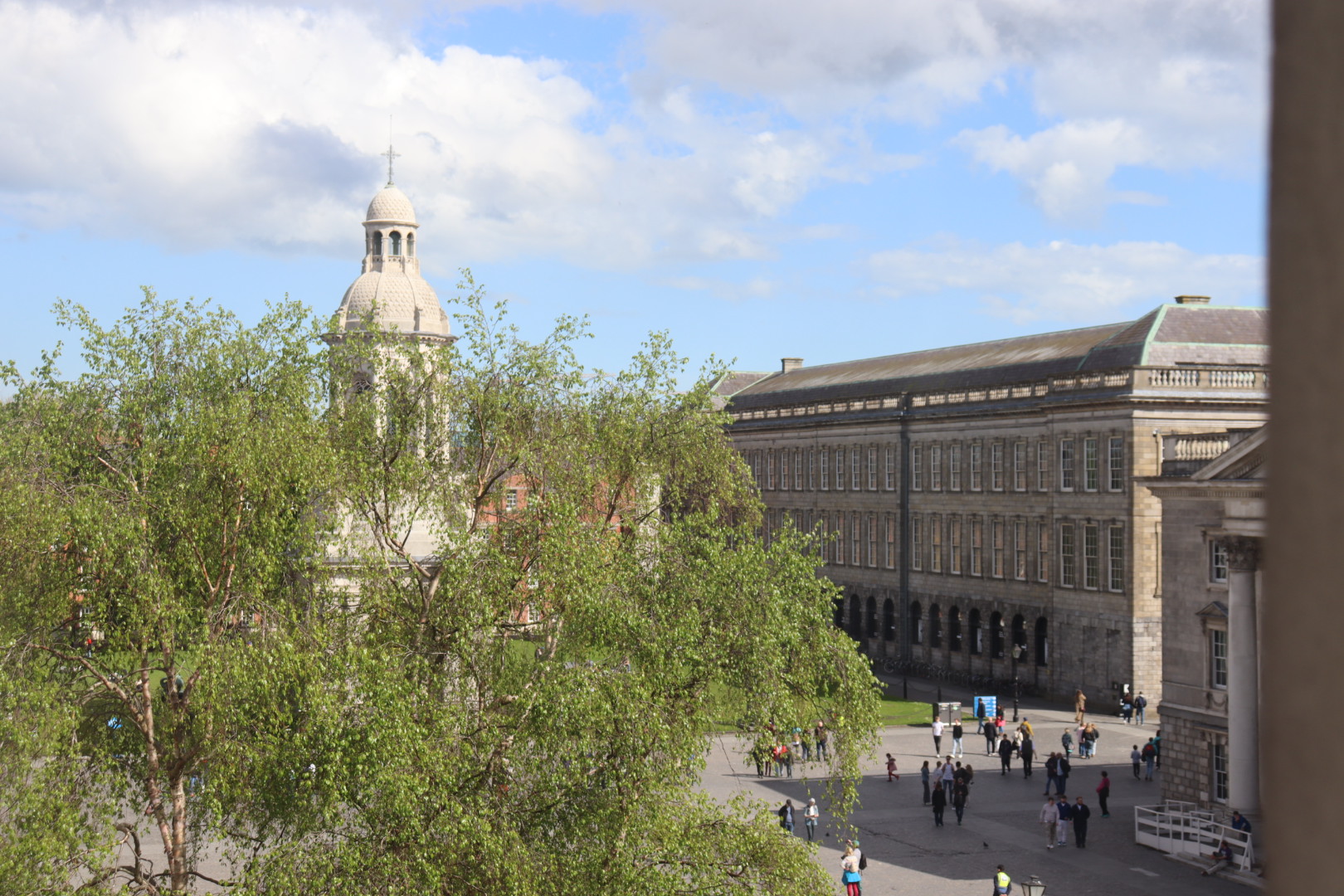Davy Gorman | Staff Writer
‘It is not the critic that counts; not the man who points out how the strong man stumbles, or where the doer of deeds could have done them better. The credit belongs to the man who is actually in the arena; whose face is marred by dust and blood; who strives valiantly; who errs; who comes short time and time again, because there is no effort without error and shortcoming.’
– Theodore Roosevelt
It was a day of redemption for Adam Scott as he became the first Australian to win the Masters after a dramatic play-off win over Angel Cabrera. The victory comes less than a year after the Aussie’s tragic collapse from a seemingly unassailable lead in the 2012 Open Championship. Leading by three strokes heading into the last four holes, he bogeyed all four to agonisingly finish second behind Ernie Els. The win draws comparison to Rory McIlroy’s 2011 US Open triumph. It is the reaction to these moments of failure that make or break a player. McIlroy recovered from a meltdown at Augusta to win his very next major, Scott now wears the coveted green jacket two majors on from Royal Lytham. And win it in style he did, birdieing the final hole in regulation play to seemingly win the Masters, and then birdieing the second play-off hole to finally claim it.
On an uncharacteristically wet Sunday evening at Augusta National, fellow Australian Jason Day and the Argentine Angel Cabrera proved to be Scott’s most formidable challengers. ‘El Pato’ held a share of the lead going into the final round and started strongly, his front nine two under par 34 was enough to give him the lead heading into the back nine. With the rain pouring down, the rock hard Augusta greens that the players had become accustomed to were no longer. Many in the field struggled to adapt to the wetter conditions. Brandt Snedeker in particular failed to adapt accordingly and the pre-round favourite fell to a three-over par 75. Only the young Danish player Thorbjorn Olesen managed to make a significant move up the leaderboard, shooting a four under par 68; he will be left rueing his 78 on the opening day. With little in the way of magic happening, or none of those traditional roars radiating through the course, it had seemed that the weather conditions had put a dampener on proceedings.
Part of the reason was that world number one, Tiger Woods, had looked solid but unspectacular and never looked like mounting the charge that would overhaul the leaders. This may be a blessing in disguise for him given the rules infringement of Friday’s round and certainly saved numerous arguments from breaking out over what would have been the legitimacy of a win here. He is playing well enough to contend in every major in 2013, his time will come again soon. Jason Day began to spark some life into the final round, with a three-hole birdie-burst from the 13th hole and moved into a two-shot lead after Cabrera had dumped his ball into Rae’s Creek with his approach on the 13th. Scott had a huge chunk of luck on the same hole, with his ball inches away from being in the same creek. It was just to be his day. He got his birdie to make it into a three-horse race. It was Jason Day who was first to fall and unfortunately it was he who had his fate most in his own hands. An adrenaline-filled tee-shot on 16 resulted in a bogey, an under hit iron on the 17 led to another one. He ended the day two back of the leaders but there will be plenty more chances for the 25 year old to get his hands on a Green Jacket.
This Masters Sunday will be remembered for two sensational birdies on the 72nd hole, each as gutsy as the other. First up, Scott who holed a 20-footer for birdie and thrust his arms in the air, a moment not too dissimilar to Phil Mickelson’s first major win on the same green in 2004; truly a ‘he’s finally done it’ moment. But Cabrera has never been a man to read scripts. This is a golfer who has won two major championships of which both are his only professional wins on US soil. The burly Argentine is a great talent and he showed it with a remarkable second shot into the final green which left him with a ‘gimme’ putt for birdie to force a play-off.
The first sudden death play-off hole could not separate the pair and when the birdie putt of Cabrera painfully slipped past the hole on the second play-off hole, the stage was set for Adam Scott to make history. Wielding the controversial long putter, Scott’s putt was true all the way. Superb driving had gotten Scott into the position of contending for this Masters but putting and courage had won him it. The 32-year-old had become a sentimental favourite following his reaction to his Open Championship loss last year. “Next time – I’m sure there will be a next time – I can do a better job of it,” he said that day. There is now no doubt that he did. This one was for Greg Norman, for the many errors, stumbles and shortcomings that had plagued Adam Scott and Australia’s hopes of winning the Masters and finally brought an end to one of golf’s great anomalies. Finally, there is a Masters Champion from Australia.







